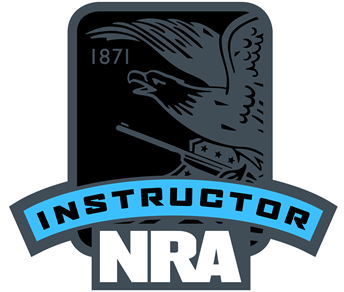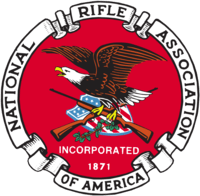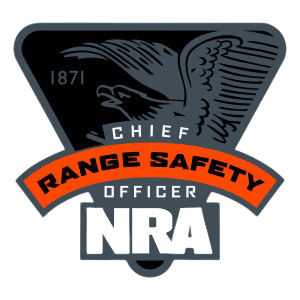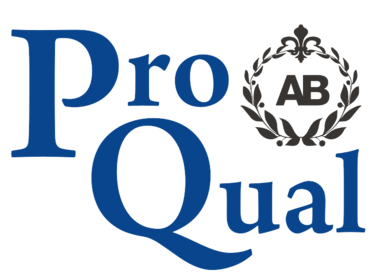Private Military Contractors (PMCs)
7 Day Private Military Contractors (PMCs)
Dates
Any time of the month
Length
7 Days
Price
$5700
Location
USA, UK, Thailand, Lebanon, Sri Lanka, Spain and Italy

Course Information
Security Services: PMCs often provide security services for a range of clients, including diplomatic missions, government buildings, corporate offices, and critical infrastructure such as oil fields and transportation hubs. This can involve physical security measures such as guarding premises, conducting patrols, and managing access control systems.
Armed Combat and Training: Some PMCs are engaged in armed combat operations, either in support of national military forces or as part of security operations for private clients. They may also provide training and advisory services to military and law enforcement organizations, both domestically and internationally.
Logistical Support: PMCs may provide logistical support services such as transportation, supply chain management, and infrastructure development for military or security operations. This can include everything from providing armored vehicles and aircraft to establishing temporary bases and communications networks.
Intelligence and Analysis: Some PMCs offer intelligence gathering, analysis, and surveillance services to clients seeking to gather information on potential threats or competitors. This can involve both human intelligence (HUMINT) and technical intelligence (SIGINT, IMINT) capabilities.
Counterterrorism and Counterinsurgency: PMCs may be contracted to conduct counterterrorism or counterinsurgency operations on behalf of governments or private clients. This can involve everything from targeted strikes against terrorist leaders to community engagement and capacity-building initiatives aimed at countering extremist ideologies.
Maritime Security: PMCs often provide security services for maritime vessels operating in high-risk areas such as piracy-prone waters. This can include armed guards aboard ships, as well as consulting services to help shipping companies develop risk mitigation strategies.
The role of private military contractors in the private sector of security is significant and continues to evolve. Their ability to provide specialized services tailored to the needs of individual clients, often with greater flexibility and efficiency than traditional military or law enforcement agencies, makes them attractive options for governments and corporations seeking to enhance their security posture. However, PMCs also raise ethical, legal, and regulatory concerns, particularly regarding accountability, transparency, and the potential for human rights abuses. As a result, there is ongoing debate and scrutiny surrounding their use and regulation.
Tactical Training: Operators often undergo training in tactical maneuvers, close-quarters combat, urban warfare, and other specialized skills relevant to their operational environments.
First Aid and Medical Training: Given the potential for injuries or medical emergencies in security operations, PMC operators typically receive training in first aid, emergency response, and combat casualty care.
Security Protocols and Procedures: Operators are trained in security protocols, standard operating procedures (SOPs), and rules of engagement (ROE) to ensure compliance with legal and ethical standards.
Cultural and Language Training: For deployments in foreign environments, PMC operators may undergo cultural awareness training and language instruction to facilitate communication and enhance operational effectiveness.
Minimum Required Kit List
-
Clothing
Tactical Top, 1-inch tactical belt, tactical pants, tactical footwear.
Chest Rig, tactical gloves -
Footwear
Ballistic glasses, ear defenders, leg or hip holster, compass, rucksack, ration pack, fire lighter (flint and steel) -
Other equipment to bring with you:
USB (16G min) Memory stick
2 Passport Photos and ID's (Driving license/passport preferred)
Black pen and Notebook
Camera (digital) or mobile phone with camera, plus all leads to connect to laptop and charger leads. The knowledge to upload onto the computer.
Laptop computer - Software on the computer must include: Windows, Word, PowerPoint (you must have a basic knowledge of these software applications)
A working watch
A small size torch such as a Maglite
For courses in London, you will need an Oyster card to enable you to use public transport. If we are working out of the UK, you will be able to purchase cards or bus tickets. All of this is your responsibility.
Level
Qualification
- ABA Level 2 Basic Award in First Aid at Work Awareness
- ABA Level 4 PSC (Private Security Contractor) PSD
- ABA Level 3 Weapons Proficiency Award
Skill Prerequisites
- IOF (eLearning Level 1 Basic Pistol – eLearning Level 1 Basic Carbine)
- Level 3 Close Protection Certification
- Reasonable Understanding Of The English Language
- Reasonable Fitness Level
- Preferably Former Military And Over 23 Years Of Age.
- Or Equivalent with Instructor’s Approval
Topics
- Threat Assessment And Risk Analysis – Introduction To PSC.
- Pre-Deployment Administrative Requirements And Introduction To Operating In Hostile Environments. Rules On Use Of Force.
- Cultural, IED Awareness.
- Foot Formations.
- Vehicle Convoy – Arrivals And Departures.
- Roles And Responsibilities Of A PSD Team.
- SOP’s On Providing Security In High-Risk Locations.
- Ambush Vehicle And Foot Force-On-Force Scenarios With The Use Of Simunition.
- Reaction To Attack Drills With VIP And As PSD Team And Aim Of Point Drills.
- Final Examination – Theory And Practice.
- Anti-Ambush Drills (Foot And Vehicle) Reaction To Attack.
- PSD/PMC Roles And Responsibilities Including Small Team Tactics-Communications-Reacting To Trauma (Casevec) – Search.
- Kidnap For Ransom.
- IOF Level 3 Weapons Proficiency Live Firearms, Which Meet The ISO 28007 Requirements For Both Armed Security In Close Protection And Maritime Anti-Piracy Roles.












